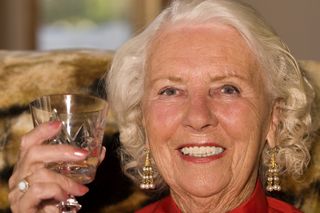 The natural tendency, according to "How to handle a parent not having a will" in New Jersey 101.5, is to postpone the preparation of a will after a husband or wife has passed. Grieving a loved partner is difficult and painful. The last thing they may want to do is get involved with their own will.
The natural tendency, according to "How to handle a parent not having a will" in New Jersey 101.5, is to postpone the preparation of a will after a husband or wife has passed. Grieving a loved partner is difficult and painful. The last thing they may want to do is get involved with their own will.
Also, if Dad has recently passed away, Mom may be hearing a different message in between the lines: "You're gonna die soon, so please leave me an appropriate share." This makes matters even harder. And talk of drafting a will may bring back painful emotions linked to the father's death. These feelings are to be expected.
But instead of the children pressuring Mom, they should point out some of the benefits a will can provide, such as how a will allows her to specify how her assets will be transferred at her death. This can include making bequests of family heirlooms to specific people or include charitable contributions. If there's no will, Mom won't have any control. Her assets will pass according to the intestate laws of the state.
 Houston Estate Planning and Elder Law Attorney Blog
Houston Estate Planning and Elder Law Attorney Blog










